Choosing Organic Soil Supplements

by
Lee @ Lady Lee's Home
(IC: blogger)
In the past few weeks, I’ve been trying to read everything I can about soil health. In preparation for the first season of the farm (Spring 2015), I want to make sure I have the best soil I can possibly have. We all know that a healthy soil grows healthy plants. If you take the time to make sure your soil has enough minerals, nutrients and organic matter in it, your vegetables will be tastier and healthier, and your plants will be less prone to disease and pests. Elliot Coleman said, “you feed your soil, and your soil feeds your plants.” I totally agree.
The world of organic soil supplements can be a little intimidating. In the beginning, I was completely overwhelmed with all the options and a bit lost as to what to choose. I also had a budget I had to follow (those large bags ain’t cheap!) so I had to choose carefully, and I knew I wanted to find organic soil supplements, not synthetic ones.
{
"id": "3111",
"alt": "",
"title": "",
"video_link": "https://www.youtube.com/embed/d0UEIcxGJ2M",
"youtube_video_id": "d0UEIcxGJ2M"
}
{
"width": 634,
"height": 357,
"showRelated": true
}
So now we know that the three most important nutrients we have to pay attention to are…
So you collected the samples, sent them out and waited two weeks. Above is the report the extension will email you.
Enjoyed the project?

Want more details about this and other DIY projects? Check out my blog post!
Published December 26th, 2014 6:56 AM
Comments
Join the conversation
1 comment
-
The best money you can spend on your garden is for a good soil test.
 Douglas Hunt
on Dec 26, 2014
Douglas Hunt
on Dec 26, 2014
-

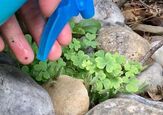

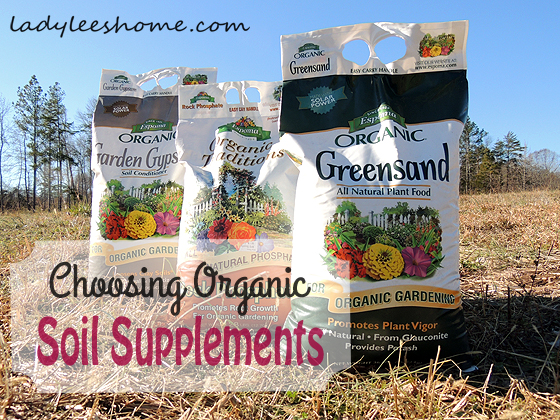
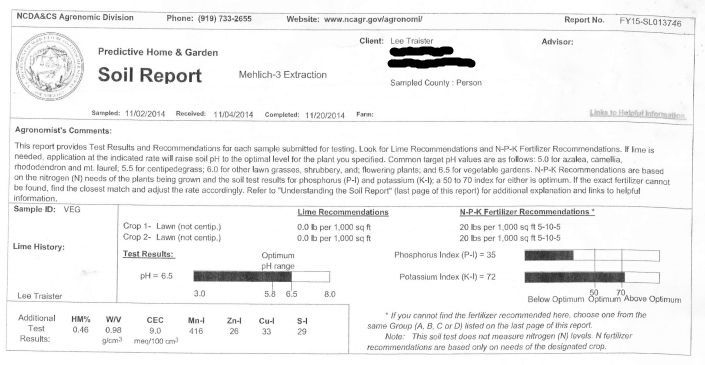


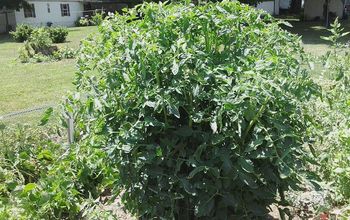
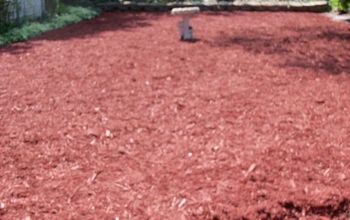

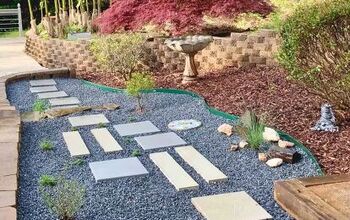
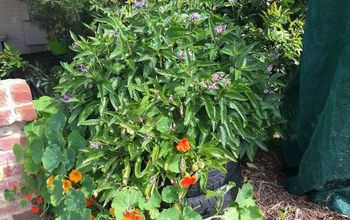
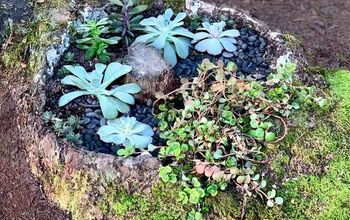

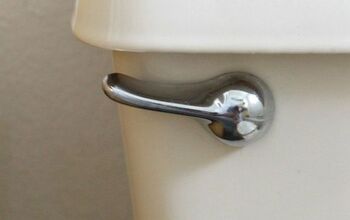

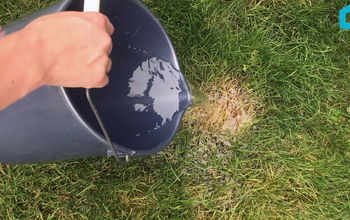






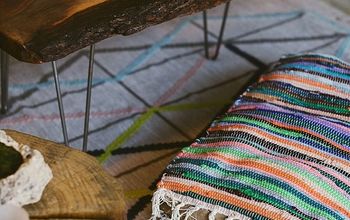

Frequently asked questions
Have a question about this project?